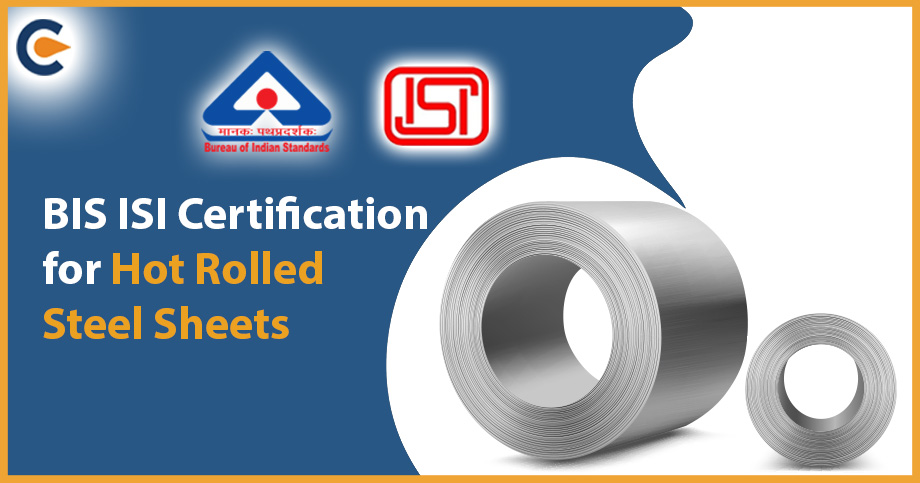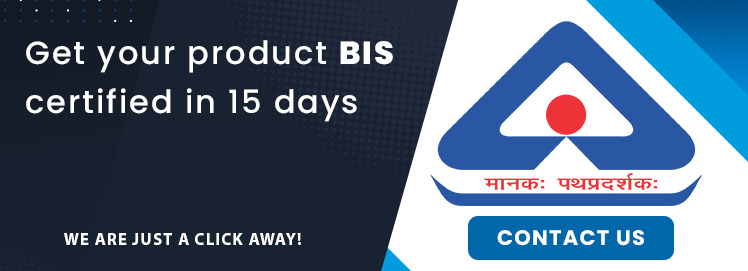The World Steel Association lists about 3,500 different classes of steel, each with its own special characteristics. Steel is available in various grades, specifications, forms, and finishes. Steel can be utilised in a wide range of applications, including construction, appliances, transportation, wind turbines, and many more due to its many varieties. Hot rolled steel is defined as steel that has undergone roll pressing at temperatures over 1,700°F, which is higher than the temperature at which most steels re-crystallize. This makes the steel easier to shape, resulting in easier-to-work-with items. To produce hot rolled steel, manufacturers begin with a huge, rectangular length of metal known as a billet. The billet is heated before being dispatched for pre-processing, where it is rolled up into a large flattened piece. After that, it is heated to a very high temperature and put through a set of rollers to reach its final size. High-speed rollers are used to push the white-hot steel strands through. Rolled steel is wrapped into coils and allowed to cool to make sheet metal. Let’s examine IS 9442:1980 for Hot rolled steel sheets in more detail.
An Overview on BIS ISI
The Bureau of Indian Standards (BIS) in India is the organisation that grants BIS certification. The BIS certification ensures the clients the quality, dependability, and safety of any product. The BIS is involved in a number of tasks, including product certification, developing standards, testing, hallmarking, and calibration schemes.
Following BIS certification, manufacturers can label their products with their preferred marking, the ISI mark.
ISI stands for Indian Standards Institute. The ISI Mark is the official mark given to producers by the Bureau of Indian Standards for diverse items. Since 1955, this ISI Mark has been regarded as a mark of excellence, security, and reliability. It guarantees that the item complies with the Indian standards (IS) created by the Bureau of Indian Standards and the India’s national standard body (BIS).
What Are The Basic Requirements For BIS ISI Certification Process For Hot Rolled Steel Sheets?
The following is a list of the prerequisites for acquiring a BIS licence for Hot Rolled Steel Sheets:
- The item needs to adhere to Indian Standard Specification requirements.
- BIS license is only for the factory (manufacturer of finished products). It is not given to the Distributor/Retailer.
- A separate application needs to be submitted for each product and factory site if a manufacturer has numerous factories, each of which is situated at a different geographic location.
- The laboratory should be fully equipped with product testing equipment and qualified quality control personnel to test the product as per the applicable ISS.
- According to ISS standards and the appropriate SIT, every piece of production and testing equipment should be located on the factory premises.
- All goods covered by the Product Certification Scheme have “Product Manuals” that provide the technical specifications. The manual has all guidelines for sampling, a list of test instruments, a Scheme of Inspection and Testing (SIT), a scope description, and other information can be found in product manuals.
- Applicants can use this Product Manual for BIS ISI Certification to prepare for the audit and application submission, lowering the risk of rejection.
Certification Process for Hot Rolled Steel Sheets
The following steps are involved in the ISI Mark Certification procedure for Hot Rolled Steel Sheets in India:
- Relevant Product Code selection
- ISI Mark Registration online application form filled up with the required documents
- Factory audit by BIS authorized auditor
- Sample Report submission by BIS-authorized laboratory
- Grant of licence by BIS Authority
Additionally, two different processes can be used to achieve the BIS certification for Hot Rolled Steel Sheets in India.
- Normal Procedure (which takes upto takes 60 – 65 days)
- Simplified Procedure (which takes upto takes 35 40 days)
- Normal Procedure
The following steps will take place under the course of the normal process to achieve the BIS certification for Hot Rolled Steel Sheets:
- The applicant must first get ready for the BIS Certificate requirements, primarily by setting up in-house labs and making products in accordance with Indian Standards and other necessary documentation.
- A product and the industry inspection process will be carried out by a BIS official along with the manufacturer or industry.
- As soon as the inspection is over, sealed samples of the products are submitted to BIS-approved labs for testing.
- Only if the product passes all the test parameters then only it gets approval from the BIS. Finally, the authority issues the BIS certificate to Indian Manufacturers within a period of 60 to 65 days from the submission of the application.
- Only after passing all test requirements, then only it gets approved from the BIS. A BIS certificate is usually issued within a period of 60 to 65 days after the application is submitted.
- Simplified Procedure
The following steps will take place under the course of simplified process to achieve the BIS certification for Hot Rolled Steel Sheets:
- The applying party first presents a report of the samples that BIS has already tested and authorised in accordance with Indian Standard.
- Following that, the candidate must submit a BIS online registration form with the BIS Certification fee, and other necessary sets of documents.
- During the review of application, the BIS official will inspect products alongside the factory/industry.
- As soon as the inspection is over, sealed samples of the products are submitted to BIS-approved labs for testing.
- Only after passing all test requirements, then only it gets approved from the BIS. A BIS certificate is usually issued within a period of 35 to 40 days after the application is submitted.
What Documents Are Required To Get A BIS ISI Mark Certificate For Hot Rolled Steel Sheets?
The documentation required with the BIS Certification application for Hot Rolled Steel Sheets is mentioned below. The required documentation is quite specific and general and includes the following:
- Laboratory Test Reports as per Product Standard
- Factory Registration Documents
- Manufacturing process flow chart
- In-house Testing Facilities
- Details of authorised signatory and other related documents.
BIS ISI Certification Process for Foreign Manufacturers
The FMCS (Foreign Manufacturers Certification Scheme) is a programme run by the Bureau of Indian Standards since 2000 for foreign manufacturers in accordance with Scheme-I of Schedule-II of the BIS Act, 2016[1] and the (Conformity Assessment) Regulations, 2018. With this scheme, producers and applicants from outside can sell their goods in India using the standard mark, also known as the ISI Mark. The Foreign Manufacturers Certification Department (FMCD) is the only authority qualified to provide BIS certificates to foreign manufacturers.
Mandatory Documents Required For FMCS ISI Mark Certification
The paperwork for Hot Rolled Steel Sheets is fairly simple. The following are the mandatory documents that the applicant must have before starting the project:
- Factory/company registration documents
- Flow chart of the manufacturing process
- Manufacturing capabilities in-house and outsourcing agreement of manufacturing operation, if applicable.
- Adequate facilities for testing
- Quality Control Parameters and their records
PROCESS OF GRANT OF BIS LICENCE UNDER FMCS
FMCS BIS certification process involves following systematic steps which will help in Grant of FMCS licence for hot rolled steel sheets:
- Submit the application:
- Compile all required documents
- Submit the application with the required documents to BIS online and hardcopy to the FMCD department
- BIS authority will verify the application.
- Acknowledgement number will be issued to the applicant for future purpose.
- Audit/Inspection:
- The BIS officer will schedule a visit to the applicant’s factory.
- The applicant has to pay the inspection/audit fee
- After this BIS Officers will inspect the production line, the testing facility, and the product in your in house lab.
- Finally the BIS officer will take the sample, seal it, and send it to an independent laboratory for examination.
- Sample Testing:
- The sample collected will be sent to BIS Approved Laboratory
- BIS (FMCS) will receive the test report
(Note: Charges for testing will be paid by the applicant).
- Grant of Licence:
- Applicant should pay a licence fee, advance minimum marking fee and outstanding due (if any)
- Finally the letter for grant of licence will be issued.
Conclusion
In 1947, the Indian Standards Institution (ISI) was founded. The Bureau of Indian Standards (BIS) Act of 1986 granted BIS legal existence on April 1, 1987. The BIS is now India’s National Standards Body due to the BIS Act of 2016, which went into effect on October 12, 2017. A number of requirements must be fulfilled in accordance with the relevant standard in order to receive BIS certification of steel imports or an ISI Mark on steel products. All makers, importers, and foreign companies must get BIS ISI Certification if a product is subject to the BIS Conformity Assessment Scheme. If the product doesn’t adhere to certification requirements, the Bureau has the right to revoke the licence.
Read Our Article: BIS ISI Certification For Ordinary Portland Cement













